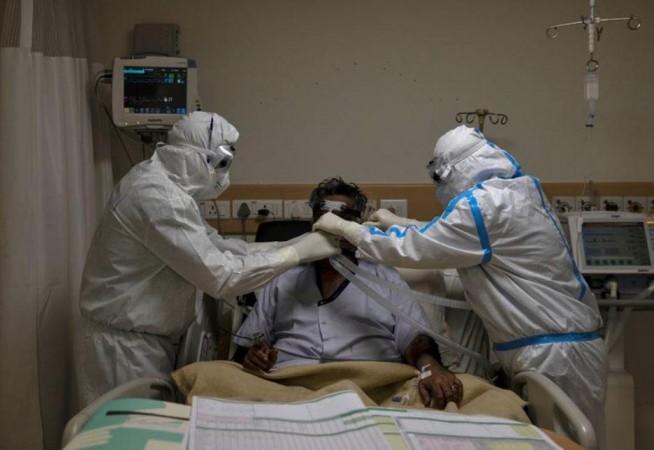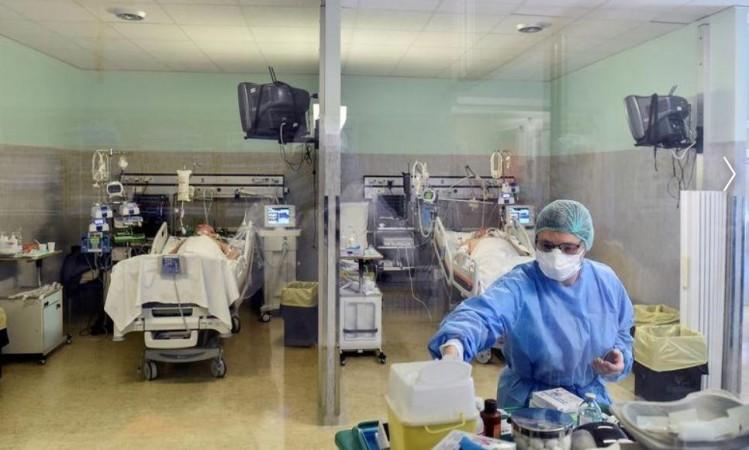Researchers have revealed that Continuous Positive Airway Pressure (CPAP) machines -- the existing medical treatment -- are saving lives of patients hospitalised with Covid-19.
CPAP machines use mild air pressure to keep the airways open and are typically used by patients who have breathing problems during sleep.
"We show that Continuous Positive Airway Pressure (CPAP) in the first days of hospitalisation seems to save between 10 per cent to 20 per cent of patients," said study author Luigi Sedda of Lancaster University in the UK.
"However, it is important to underline that this was a pilot study with a small sample size, although comforting evidence is starting to emerge elsewhere," Sedda added.

For the study, published in the journal BMJ Respiratory Open, the research team used the CPAP machines on patients with Covid-19 admitted to the Royal Albert Edward Infirmary in Wigan.
In the case of patients with the severe acute respiratory syndrome, Covid-19 may cause the lungs to swell and collapse.
Using CPAP treatment, which is often used at home to help people with sleep problems, helps to keep the lungs open and makes breathing easier.
The research conducted by the team showed how CPAP treatment can be delivered effectively in a ward setting, with low resources both across the country and worldwide where intensive care bed availability is limited.
The research has so far helped almost a hundred patients.

How CPAP helps?
"When you use CPAP early in the admission it stops the patient getting worse, therefore avoiding invasive ventilation techniques," said study author Abdul Ashish.
"As CPAP is readily available and can be used in a ward setting, we have demonstrated that, when used early, it can be a very effective way of treating severe Covid-19 pneumonia," Ashish added.
The researchers also found that the early use of CPAP potentially reduces lung damage during the worst of the Covid-19 infection and allows the patient to recover from the inflammatory effects.
However, when used later, CPCP does not prevent lung damage thus leading to additional inflammation and a reduction in survival chances.
"We are at the forefront of developing care for Covid-19 patients and have developed a very effective treatment strategy for our population who develop lung failure following Covid-19 infection," the researchers wrote.
(With inputs from IANS)

















